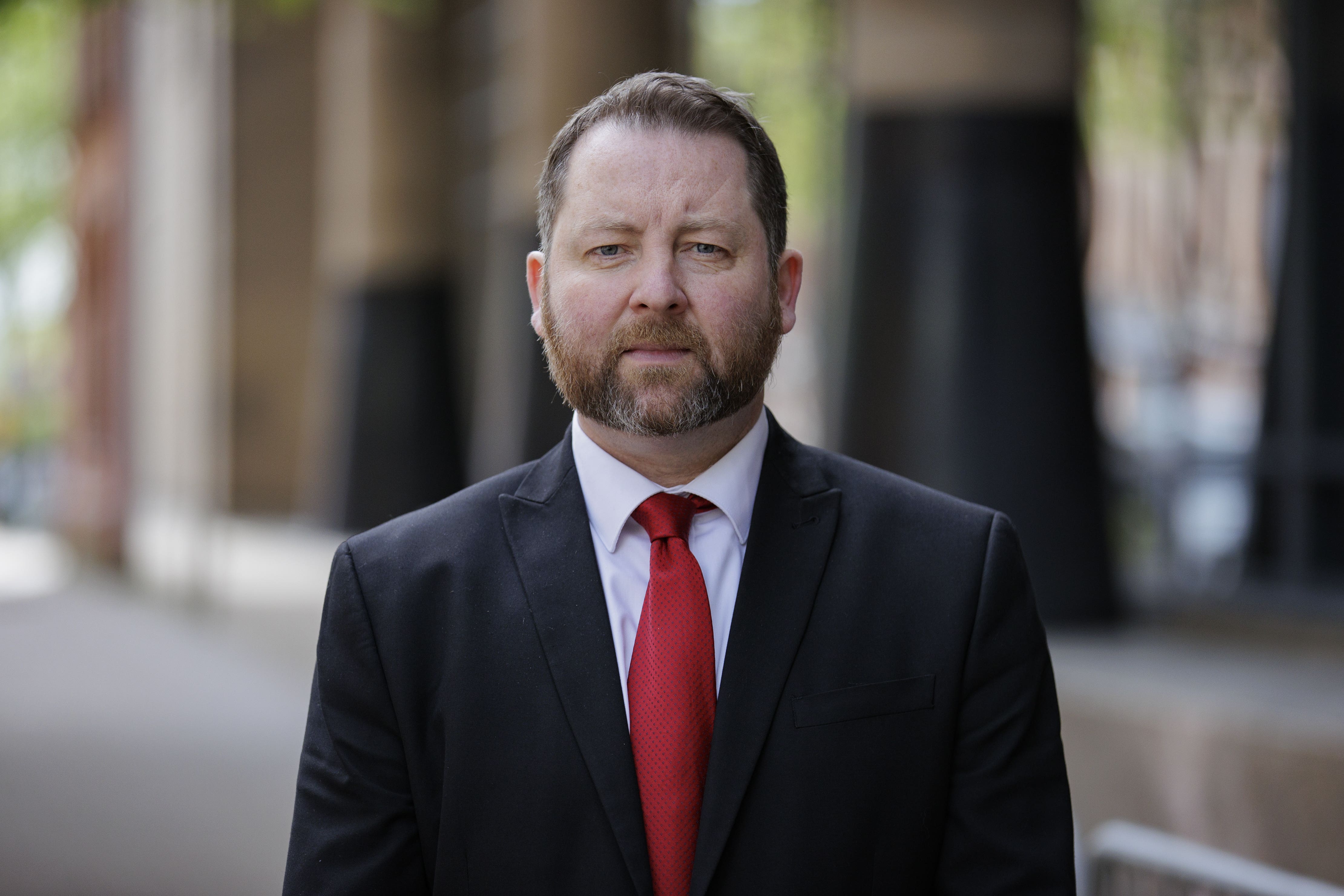‘Reckless’ to discharge people to care homes without Covid tests
Eddie Lynch was giving evidence on the second day of the UK wide Covid-19 Inquiry sitting in Northern Ireland.

Northern Ireland’s commissioner for older people has blasted cases during the pandemic where people were discharged to care homes without being tested for Covid-19 as “reckless”.
Eddie Lynch said it was a “serious concern” among both the families of patients and care providers.
He also called for better understanding surrounding restrictions on families visiting their loved ones in care homes at points during the pandemic, describing the situation as “devastating”.
I think it was very clear cut that the policy of discharging people without testing into those settings was a potentially disastrous one. I think it was quite reckless a decision to take to allow that to happen
Mr Lynch made his comments while giving evidence to the second day of the UK-wide Covid-19 Inquiry’s sitting in Belfast.
He described the coronavirus pandemic as a “steep learning curve”.
The commissioner said his office received a lot of contact in the early stages of the pandemic around patients being discharged to care homes without a Covid-19 test.
“It did come to my attention several times about the hospitals being cleared out to make space for a possible surge of Covid patients, and part of that seemed to be discharging people into care homes where they could,” he said.
“I was very concerned, as so were the care home providers, that those people were put into those settings without testing.
“I think it was very clear cut that the policy of discharging people without testing into those settings was a potentially disastrous one. I think it was quite reckless a decision to take to allow that to happen.”
He added: “If this was to happen again, clearly decisions like this need to be thought through and the consequences of making those decisions need to be thought through, and I’m sure that that policy alone contributed to a lot of negative outcomes in homes.”
Mr Lynch also said he would like an outcome of the inquiry to be looking at how care homes could be protected in the event of something similar happening again, given the “devastating” impact of people not being able to visit their loved ones.
“I think that issue of human contact and visiting would have to be something that a future pandemic needs to get better (on),” he added.
He said the Department of Health took a “reactive response” to planning and protecting people during the pandemic, but that it exposed a “dividing line” between the health service and social care sector.
“There was clearly a focus on protecting the NHS, the concern was clearly about hospital capacity, but as a result of that we saw a lot of the care home and social care sector really struggle,” he said.
“I had many, both care home providers and domiciliary care providers, coming to my office a lot in those early weeks saying that, in their words, they felt high and dry, that they were being left to fend for themselves, not least the issues around PPE.”
Bookmark popover
Removed from bookmarks